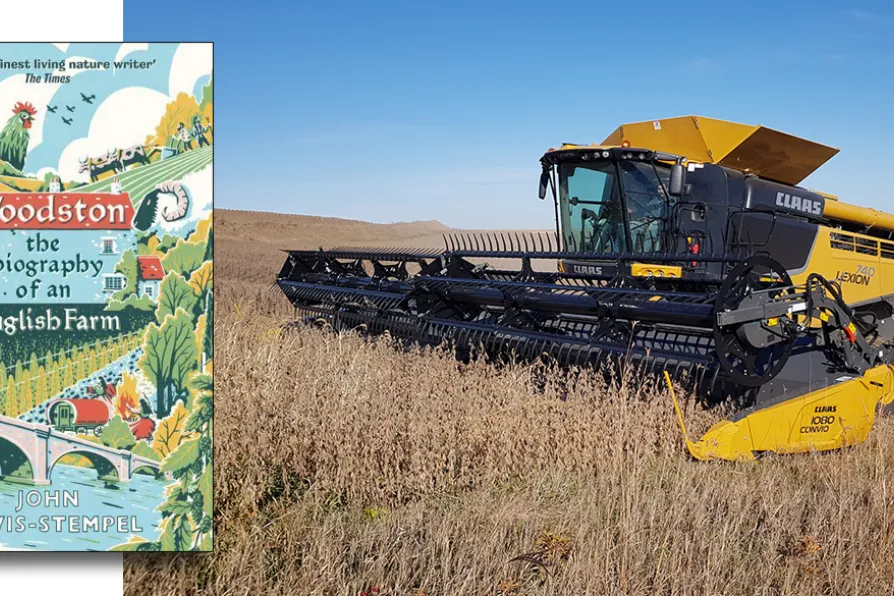RITA DI SANTO draws attention to a new film that features Ken Loach and Jeremy Corbyn, and their personal experience of media misrepresentation

 ALIENATED AGRICULTURE: A combine harvester
[IICaYeNnEII/Creative Commons]
ALIENATED AGRICULTURE: A combine harvester
[IICaYeNnEII/Creative Commons]
WOODSTON farm on the Herefordshire, Worcestershire and Shropshire borders is the subject of John Lewis-Stempel’s book and it explores the transformation in farming methods, with each new technological change of use from animal horns, flint, bronze and iron radically altering the way people lived on the land.
The Romans farmed intensively to feed more people but most villages and paths or rights of way across the country date back to the Anglo-Saxon strip-farming period, while during Tudor and Stuart times much sheep farming held sway. The enclosure of land in the 18th and 19th centuries drove people away to the cities and the industrial revolution.
Much of the most destructive activity in terms of biodiversity has occurred since WWII. The rush to grow more during the war led to the ripping-up of hedgerows and the earth was drenched with pesticides and herbicides, resulting in the loss of so many birds, mammals and plants.

The West’s dangerous pesticide dumping in Africa is threatening biodiversity, population health and food sovereignty, argues ROGER McKENZIE

One of the major criticisms of China’s breakneck development in recent decades has been the impact on nature — returning after 15 years away, BEN CHACKO assessed whether the government’s recent turn to environmentalism has yielded results

Nature's self-reconstruction is both intriguing and beneficial and as such merits human protection, write ROX MIDDLETON, LIAM SHAW and MIRIAM GAUNTLETT











